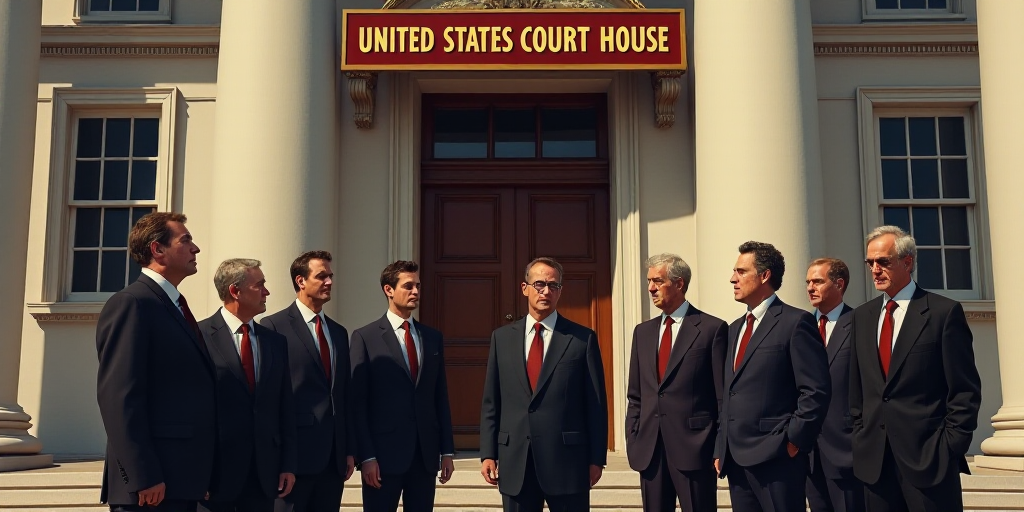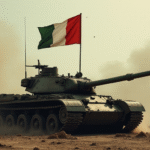Background and Relevance of the Judges
The United States has imposed sanctions on four judges of the International Criminal Court (ICC), including a Peruvian judge, due to their warrant for the arrest of Israeli Prime Minister Benjamin Netanyahu and investigations against US soldiers. The ICC, established by the Rome Statute in 1998, aims to hold individuals accountable for genocide, war crimes, and crimes against humanity. The US, along with Israel, is not a state party to the Rome Statute and does not recognize the ICC’s jurisdiction over its nationals.
US Actions and Reactions
Under the Trump administration, the US has taken the step to prohibit the four judges from entering the country and freeze their assets within the US. This decision was swiftly denounced by the ICC. In response, Israeli Prime Minister Benjamin Netanyahu expressed gratitude on social media to President Trump and Secretary of State Mike Pompeo for protecting Israel’s right to defend itself against what he called “wild terrorism.”
Secretary of State Mike Pompeo stated in a previous communication, “The United States will take all necessary measures to safeguard our sovereignty, that of Israel and any other US allies from the ICC’s illegitimate actions.” He further accused the ICC of being politicized and claiming “unlimited discretion” to investigate, prosecute, and try nationals of the US and its allies.
ICC’s Response
The ICC responded to these sanctions by asserting that they represent a “clear attempt” to undermine its independence, which operates under the mandate of 125 states.
Key Questions and Answers
- Who are the four judges sanctioned by the US? The four judges sanctioned are Fatou Bensouda (Gambia, serving as Prosecutor), Phakiso Mochochoko (Botswana), Maria do Céu Vargas Abramic (Brazil), and Clément Claude Nyaletsoßou (Togo).
- Why did the US impose sanctions on these judges? The US claims that the ICC’s investigations into alleged war crimes committed by Israeli officials in occupied Palestinian territories and its pursuit of an arrest warrant for Benjamin Netanyahu are illegitimate.
- What is the ICC’s stance on these sanctions? The ICC views the US actions as an attempt to interfere with its independence and undermine its legitimacy, operating under the mandate of 125 states.
- Why are the US and Israel not part of the ICC? The US signed the Rome Statute in 1998 but never ratified it, while Israel has not joined the treaty. Both countries argue that the ICC lacks jurisdiction over their nationals.
Context and Impact
The US sanctions against the ICC judges have sparked controversy and raised concerns about the future of international justice. Critics argue that such actions weaken global efforts to combat impunity and accountability for atrocities. Supporters of the sanctions, however, maintain that they are necessary to protect US sovereignty and that of its allies from what they perceive as politically motivated investigations by the ICC.
The situation also highlights the complex relationship between international law and national interests. While the ICC aims to promote peace and justice, states like the US and Israel prioritize their own security concerns. This tension could potentially erode cooperation with international institutions and hinder global efforts to address human rights violations.






